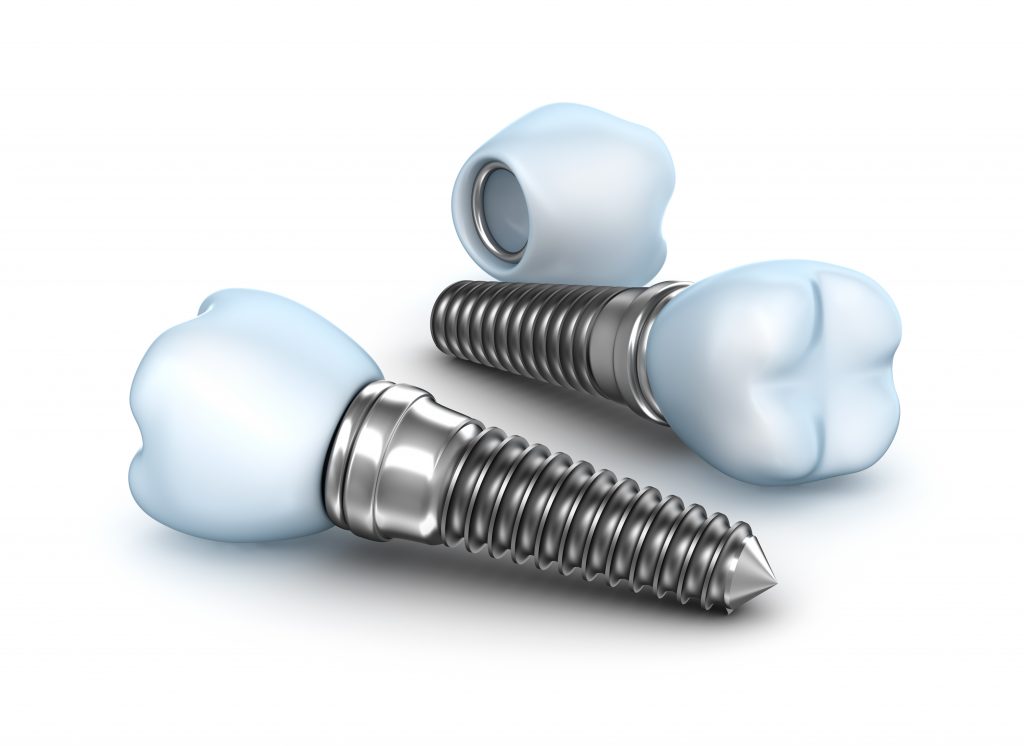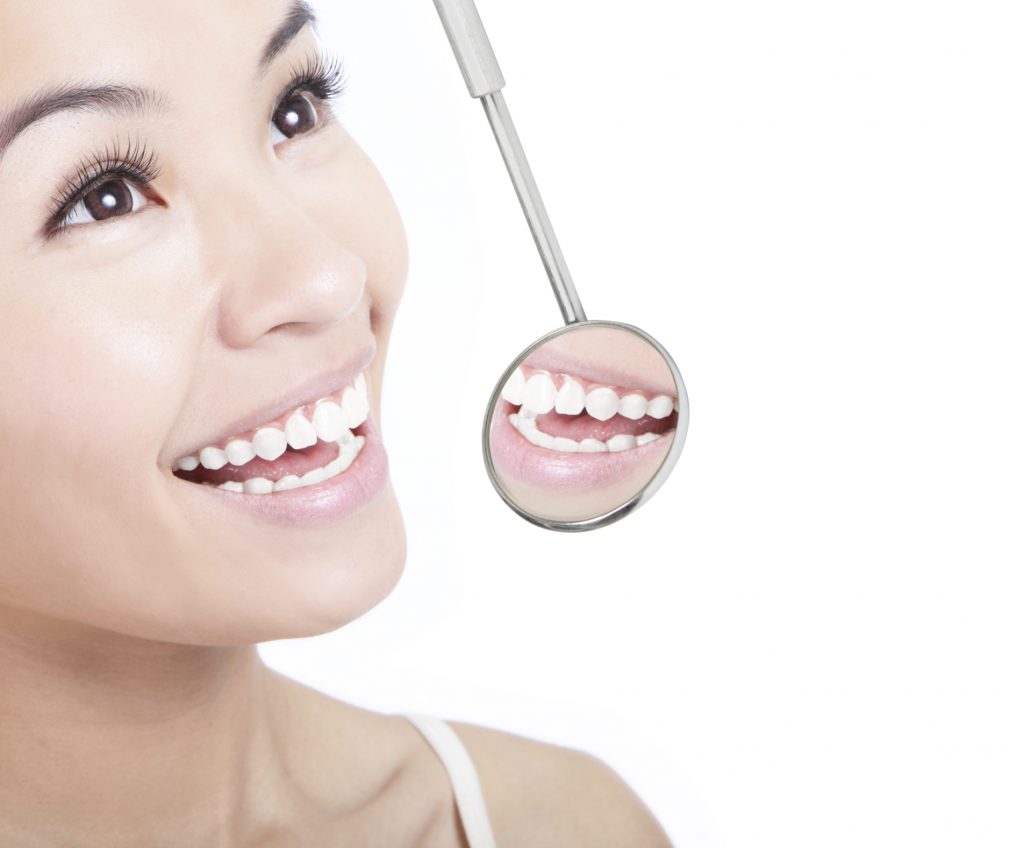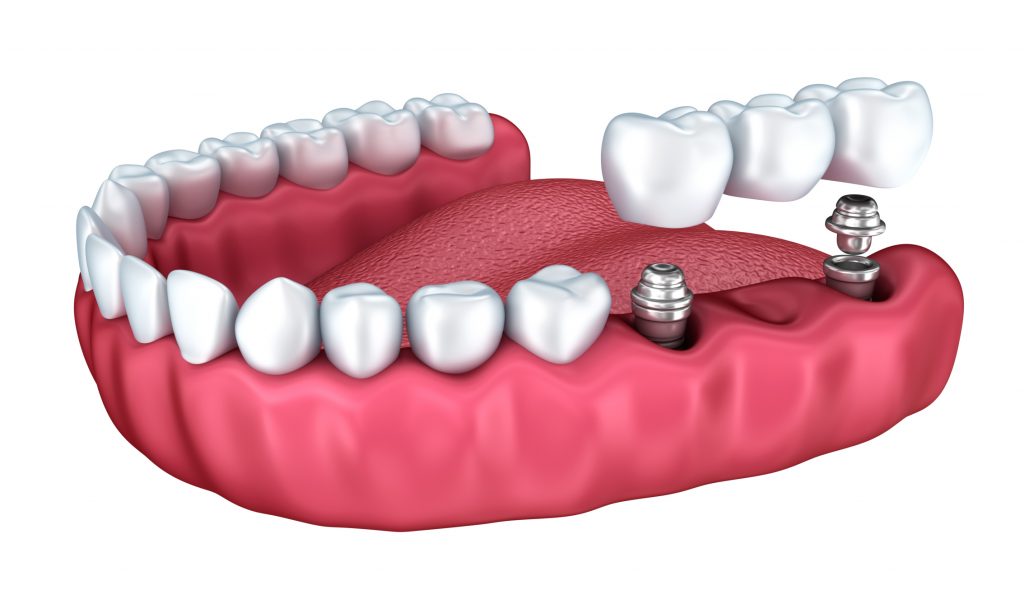
As we embark on a brand-new year, many of us sit down and reflect on things they’d like to improve upon. For some, it’s fitness. For others, it’s a lifestyle improvement. If you have a flawed smile, you may want to consider cosmetic dentistry. Believe it or not, you can get your grin fixed in a single day. Don’t believe it? May we introduce you to All-on-4 implants in a day. Although this form of treatment has received a significant amount of media attention in the past couple of years, this is a service we have been providing to our patients for some time.
Not sure you are eligible? There are generally two areas where this treatment is an option:
In certain patients with a front tooth that needs to be extracted and there is sufficient bone, the periodontist will remove the tooth and place a temporary implant on the same day. For individuals who are losing all of their teeth, we do a procedure called all on 4 (AO4). Not only is your replacement created in-office, but in six months later, you have the permanent appliance.
Once the periodontist places the implants (4-6 depending on the patient), there are precautions that the patient must take during the initial period to avoid biting on anything hard.
One thing that is not mentioned in the advertising is that in all instances, the immediate teeth are temporary and further work will be required 6 months later to ensure everything is working properly. In addition, the appliances must be kept clean to prevent the tissues from getting infected. The follow up cleaning appointments are typically alternated between the periodontist and the patient’s general dentist.
If you would like more information about all-on-4 implants, call Dr. Cabrera in Chicago, IL at 312-994-7939 or visit www.perioimplantchicago.com.
Dr. Peter O. Cabrera proudly serves Chicago and all surrounding areas.









